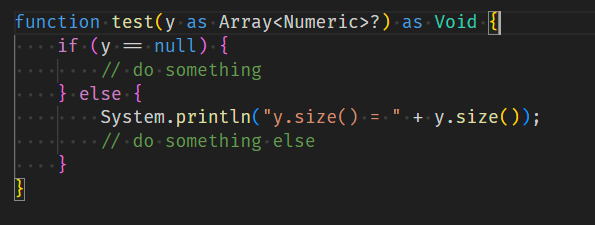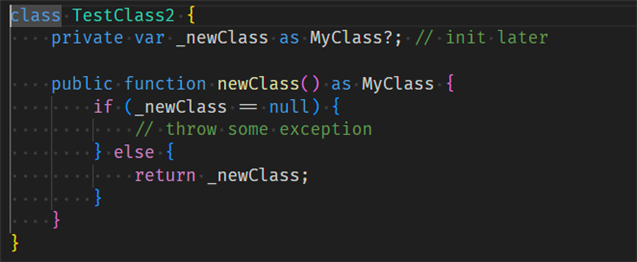Details: 'Failed invoking <symbol>'".
CODE -------------------------------------------
//type = :low or :high; swidth & sheight are the screen width & height of myDc
// xc, yc are the center points of myDc
drawFuzzyEllipse (myDc, swidth, sheight, xc, yc, A, B, type) {
if (A> swidth && B > sheight) { return; }
var step = A/2.0;
var start = 0;
if (type == :low) {
step = (Math.rand()%150)/100.0 + 0.5;
start = (Math.rand()%314).toFloat();
}
if (step<25 && A > 3 && type == :high) { step = 25; }
for (var theta = start; theta < 2 * Math.PI;theta += Math.PI * 2.0 / step) {
var adder = 0;
if (type == :low) {adder = Math.rand()%1000/1000.0 * Math.PI * 2;
var ran = Math.rand()%1000;
var addme = 0.95f + ran/10000000.0f;
var x = xc + (A*addme) * Math.cos(theta);
var y = yc + (B*addme) * Math.sin(theta);
CODE -------------------------------------------





